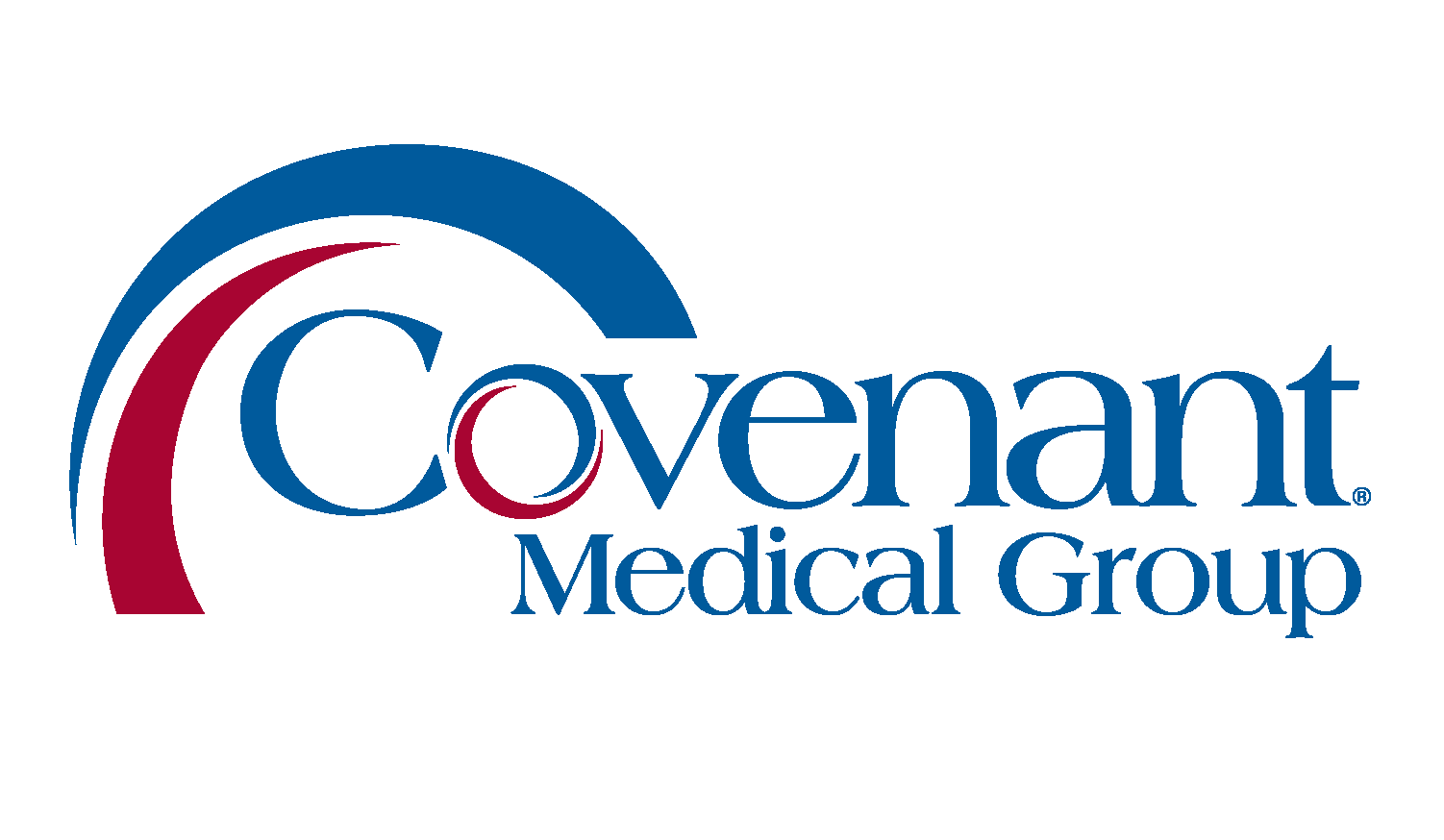 Our Director of Clinical Genetics Service, Imelda G. Margulies, FNP (who is also my beloved wife of 22 years), was featured on WBIR’s Buddy Check 10 series recently. She explained what genetic testing is, how it’s done, and why it’s important.
Our Director of Clinical Genetics Service, Imelda G. Margulies, FNP (who is also my beloved wife of 22 years), was featured on WBIR’s Buddy Check 10 series recently. She explained what genetic testing is, how it’s done, and why it’s important.
Our patients are more curious about genetic testing than ever since the American Society of Breast Surgeons’ recommended earlier this year that all breast cancer patients should be offered genetic testing. Margulies agrees with the recommendation wholeheartedly, explaining that genetic testing can benefit not only breast cancer patients, but also their children and subsequent generations to come.
Margulies explained that when she meets with a patient for genetic testing—whether it’s a woman concerned about her risk of breast cancer or a man who wants to understand his risk of colon cancer—they discuss the patient’s family history, lifestyle, and risk factors. Usually, a blood sample is taken to test the patent’s genetics and look for gene mutations, such as BRCA. About 14-21 days after getting the blood drawn, patients receive their test results and meet with Margulies to go over the results.
She says, “People are afraid that ‘if I carry this mutation, I have cancer,’ and that’s not true.”
If a patient tests positive for a genetic mutation, that doesn’t mean he or she has a cancer diagnosis. Rather, the purpose of genetic testing is finding out if you or your family members are at a higher risk for specific types of cancers, based on heredity or damage to your DNA.
That knowledge is powerful because then your health can be monitored more proactively and you can take any appropriate steps to reduce your risks. Early detection and risk reduction measures could be lifesaving.
Plus, the results from your genetic testing affects your children as well. Margulies says, “If we know that person’s DNA testing reveals a germ-line mutation, then that’s information for their offspring, the children have a 50/50 chance.”
“That certainly does mean they have a pre-disposed higher risk and we need to offer higher screening and it could be mammograms, it could be in addition to that an MRI screening for breast cancer,”
She explained. “For me always, knowledge is power and I think that’s what many people may not have is the knowledge of are they at risk, are they maybe not at risk? Maybe they need to do certain lifestyle choices to help lower the risk.”
Watch WBIR’s Buddy Check 10: Genetic testing for breast cancer patients.
In another WBIR segment, Margulies cautioned that consumer DNA kits like 23andMe don’t test for all genes and possible variants. They only test 3 variants out of the thousands of variants in the BRCA1 and BRCA2 genes known to increase breast and ovarian cancer, and should not be relied upon for medical information from genetic testing.
Margulies noted that not all insurances cover genetic testing, but at our office, patients have the opportunity to opt-in or opt-out of the testing before any tests on the blood work are done.
She said, “Regardless of any patient who does walk in our door, we do the risk assessment, we do the family tree, we find out who’s at high risk for needing the testing. If that patient does want to get the blood work drawn, there’s no penalty for getting the blood drawn at all. Any patient that I draw their blood work, if it costs to pay out of pocket, more than zero dollars, that patient will get a phone call from the lab. If they don’t get the phone call from the laboratory that means that they don’t have to pay a penny.”
Margulies is trained to counsel and test for the BRCA gene mutation (HBOC), which can cause breast and ovarian cancer, for Lynch Syndrome (HNPCC), which can cause colorectal and uterine cancer; and other multiple cancer gene syndromes impacting inherited risks for cancers.
If you’re interested in discussing genetic testing with Imelda Margulies, or if you’d like to discuss the most advanced surgical treatments for breast cancer with Dr. Aaron Margulies, give us a call at (865) 692-1610.
We are committed to serving patients at offices in Tennova Turkey Creek Medical Center in West Knoxville, at Tennova North Knoxville Medical Center in Powell, at Jefferson Memorial Hospital, and at offices in Newport and Newport. To learn more, visit www.aaronmd.com or call (865) 692-1610.
